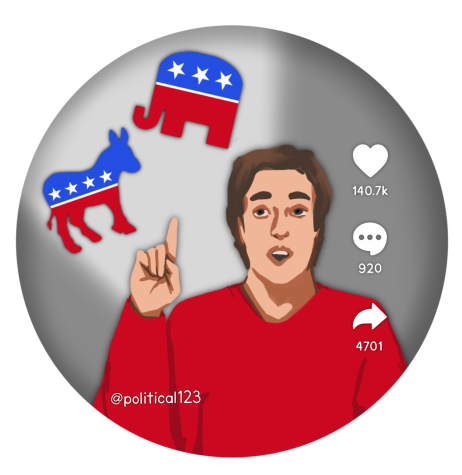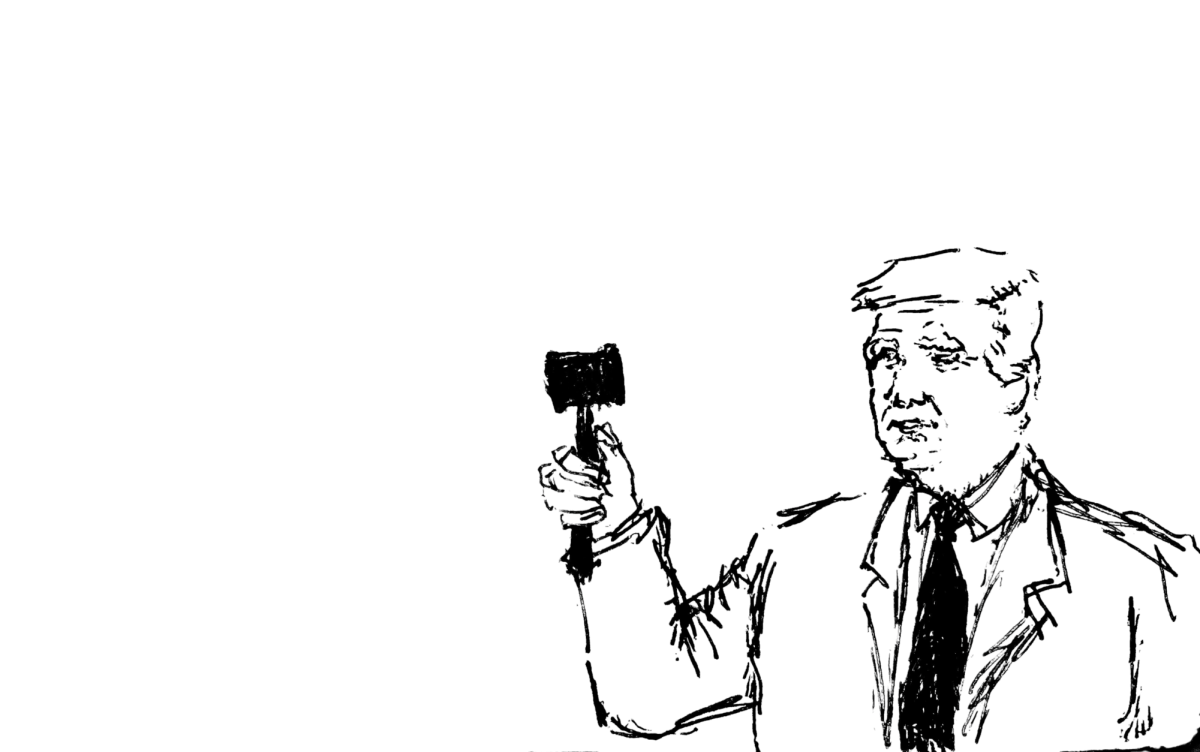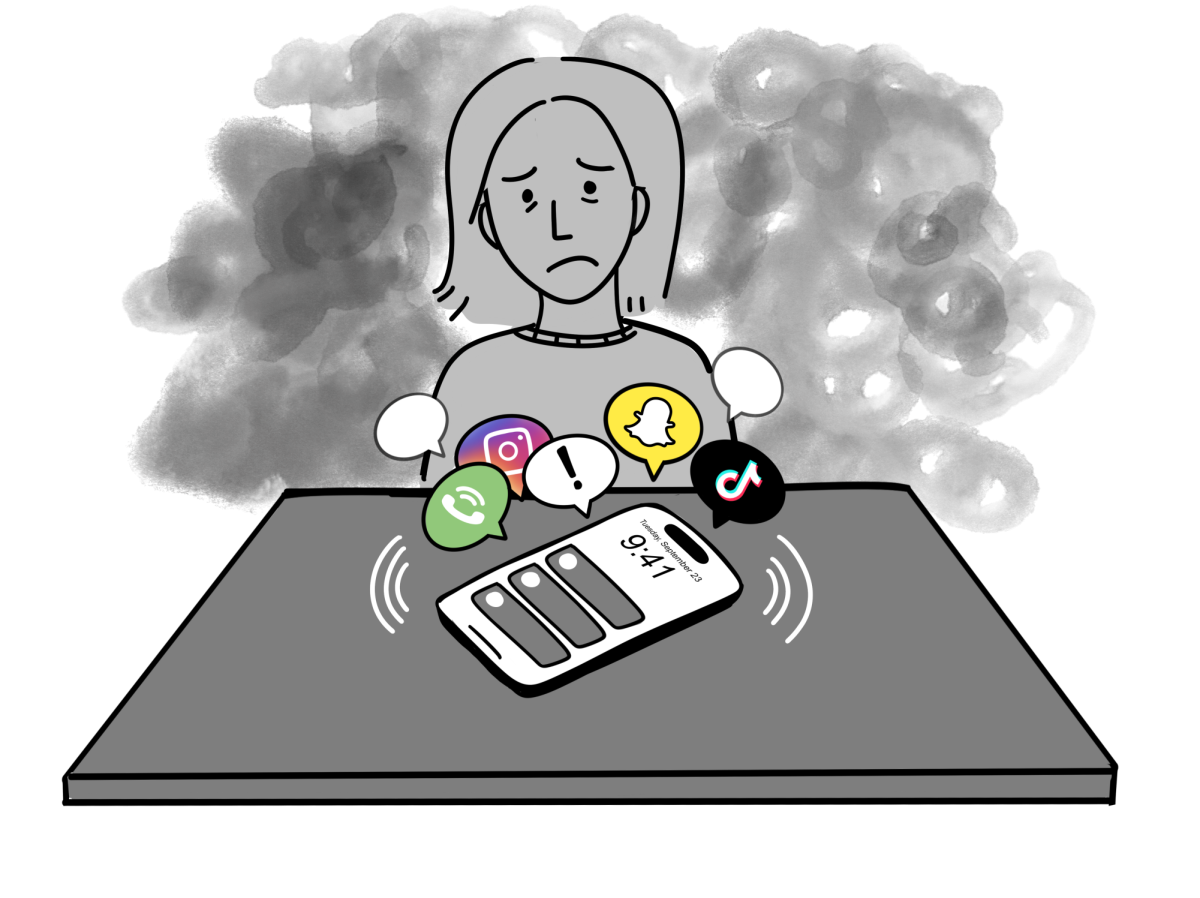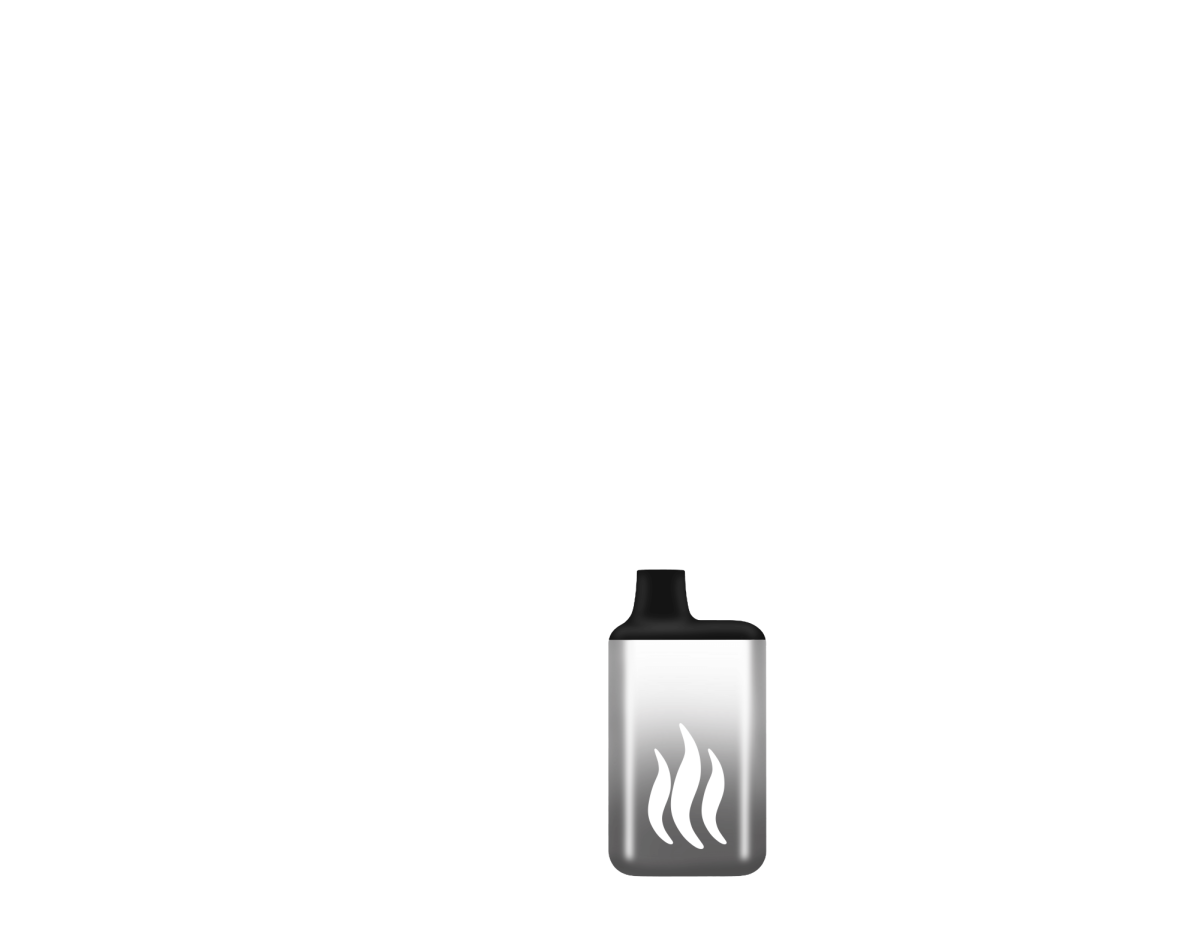
Social media has become an essential part of our lives. From allowing people to stay connected to introducing new interests, hobbies and providing entertainment, social media gives us great power and it has a lot of value. Despite the obvious appeals and benefits of social media, there has been universal pushback against it from across the board. As social media and its culture are developing, lines are still being drawn to define what it is and how it should be used. As a society we have been confronted with a wildly important question: What should social media be used for and should it be limited?
The trend of discussing politics on social media has grown massively in popularity over the past year. Scrolling through TikTok, you might see a video on the latest policies being made or on Twitter, you might come across a rant about a controversial lawmaker. Though there is a wide range of political social media engagement, in my opinion, there is a fine line between political opinions and spreading information. Unfortunately, this line is steadily being blurred. This distortion is becoming dangerous very quickly. The country as a whole witnessed the importance of true and citable news first hand with the storming of the Capitol on January 6. This is a surreal image of what happens when huge masses of people which are led by false information lies. Though former president Donald Trump and news stations that supported him undoubtedly should receive much of the blame for inciting the travesty, the rigged election conspiracy was only further spread by numerous social media outlets. The radical conspiracy group QAnon’s Twitter account is one extreme example of social media’s impact on the event. Situations like the Capitol insurrection are an example of what is so terrifying about the spread of misinformation. Widespread, accurate news is a necessity that must be maintained, especially at a time when democracy itself is imperiled. It is imperative that the very people who elect and form our government have the facts and truth to make the right choice.
One thing we have to realize firsthand is that huge companies like Facebook, Snapchat, and Instagram are not going to be monitoring and fact checking the way we need them to. They are not in it for truth nor with users’ best interests at heart. Their main goal is and always has been to make money. Facebook, for example, has put out numerous statements advancing that it is not within their policy to take down or flag false information, as it “interferes with individual expression and debate.” Despite numerous platforms being blocked, including QAnon and Trump, over the past several weeks, this trend is not going to last. Often platforms fail to even flag false information, let alone block an account. It took outright tyranny and the very fate of democracy on the line for these companies to accede to moral obligation. We cannot simply assume YouTube or any other platform will take down lies, instead we must take responsibility for the information we choose to believe. As of right now, it doesn’t seem like we are. Freshman Naomi Meyer stated, “I think social media is really important to get kids engaged with movements and spread stories. But often I’ll see something online, and I will initially believe it, but it will turn out to not be true. That’s really bad when eighty percent of my information does come from Instagram.” This statement brings up the fact that it is easy to assume the information you are being fed is correct, especially when you can always scroll to find another video, Tweet, or post. Though it is a wonderful thing to get involved in political movements and campaigns, especially through social media apps, it is so vital that we make sure we know what is true and what isn’t. As it happens, the other day I was scrolling through TikTok when I saw a video claiming political commentator Ben Shapiro was anti-Semitic. I almost believed it, until it occurred to me that Shapiro himself is a Jew. The importance of fair and truthful facts has never been more important, and misinformation in the modern age has never been so prevalent; it can be spread with just the opening of an app. We must take responsibility for our information and news before it is too late.





